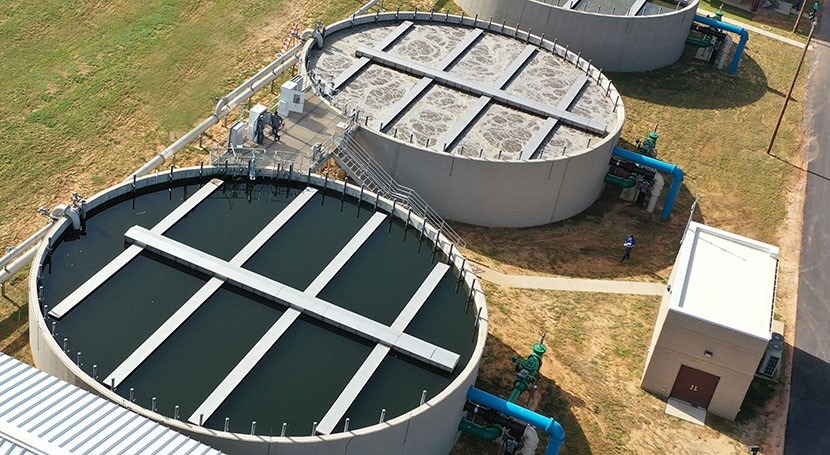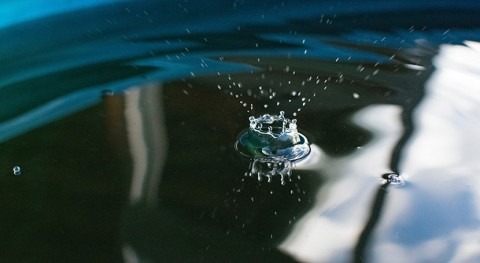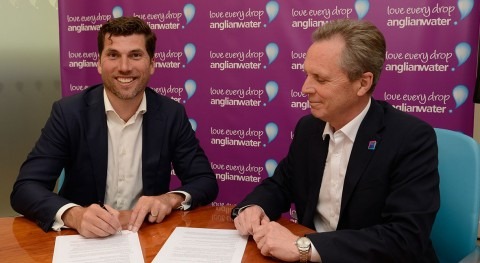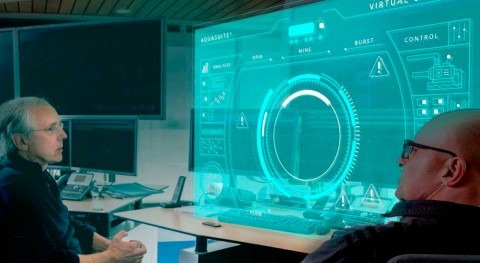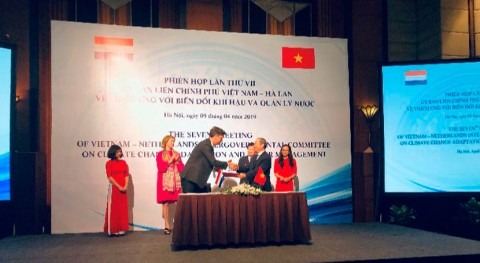What began as academic research to purify wastewater biologically in a more efficient way, is today transforming the world of sewage treatment. Royal HaskoningDHV, an international engineering company, announced that it is celebrating the sale of the 100th wastewater treatment plant to be equipped with its Nereda® aerobic granular sludge technology, in Fort Pierce, Florida USA. A triple-threat – efficient, effective, and environmentally friendly, Nereda has been gaining popularity in the market helping the wastewater industry meet today’s challenges, but also prepare for those of tomorrow.
The Nereda technology was born out of a remarkable public-private partnership between Technical University Delft, where it was invented by Professor Mark van Loosdrecht, Royal HaskoningDHV who hold the commercial patents, STOWA, and various Dutch water authorities. This network of stakeholders was key to establishing the first plants and advocating the technology globally.
Supporting net zero ambitions
Today there are Nereda plants in 21 countries on six continents. Supporting the ambitions of water companies to achieve Net Zero, the technology greatly reduces the energy footprint of the wastewater plants and has saved a combined 58 million kWh of electricity to date by plants in operation. That’s the same as avoiding 41,100 tonnes of CO2 emissions or the amount of carbon sequestered by 48,639 acres of forest in a year. What’s more, the operational Nereda plants have so far purified the amount of wastewater equal to what 6 billion people would generate in one day, while also showcasing success on some of the largest wastewater plants. Three of the 100 plants sold serve populations of over 1 million people each.
“Nereda has transformed the way the world treats wastewater biologically. It’s no wonder that water companies wanting to save energy and reduce their carbon footprint embraced this biological wastewater treatment innovation.,” said João Tiago de Almeida, Director of Water Technology, Royal HaskoningDHV. “The 100th Nereda plant, located in Fort Pierce, is a milestone representative for the global application and acceptance of this modern technology.”
Royal HaskoningDHV, a world leader in wastewater treatment consultancy and products, owns the commercial license for Nereda. Its US licensee in North America, where the technology is marketed as AquaNereda®, is Aqua-Aerobic Systems Inc. (AASI), which is responsible for the Fort Pierce project.
Reducing energy consumption by 30 percent
“The treatment plant in Fort Pierce is the 12th AquaNereda plant in North America where we are seeing tremendous traction for aerobic granular sludge treatment. Fort Pierce is a new build facility, serving a community of 140,000. The project is the culmination of a plan to relocate the existing wastewater treatment plant from a barrier island to protect the Indian River Lagoon, which is the most bio-diverse estuary in North America,” said James Horton, Vice President, Process Group of AASI. “This project is also an excellent example of the benefits of AquaNereda in that the new plant was found to be 15 percent less expensive to construct and consumes 30 percent less energy to operate compared to the alternative technologies considered. Combined, the environmental benefits and the cost savings made the Nereda plant an exceptional option for Fort Pierce.”
Furthermore, the new Fort Pierce wastewater treatment plant will provide clean reuse water for the Treasure Coast Energy Center, a nearby natural gas power plant that currently draws an average of 1.5 million gallons of fresh water daily from the Floridan aquifer for its cooling towers. Water from the plant will eliminate the need to draw on the precious aquifer, benefiting the environment and local community, and providing a pristine example of beneficial wastewater reuse.
Nereda works by significantly improving the century-old activated sludge process for treating wastewater. Nereda technology purifies wastewater in a similar way as activated sludge; however rather than less dense bacteria flocs performing treatment, it creates conditions that cause these same bacteria to stick together and form dense granules. The granules provide a host for more intense treatment of the wastewater at a much faster pace than conventional activated sludge. Up to one cubic metre of water in four minutes can be treated compared to one cubic metre every hour for the active sludge process. This enables the process to meet strict compliance mandates while consuming up to 50 percent less electricity, in 75% less footprint than conventional aerobic sludge treatment processes with little or no chemical addition.


